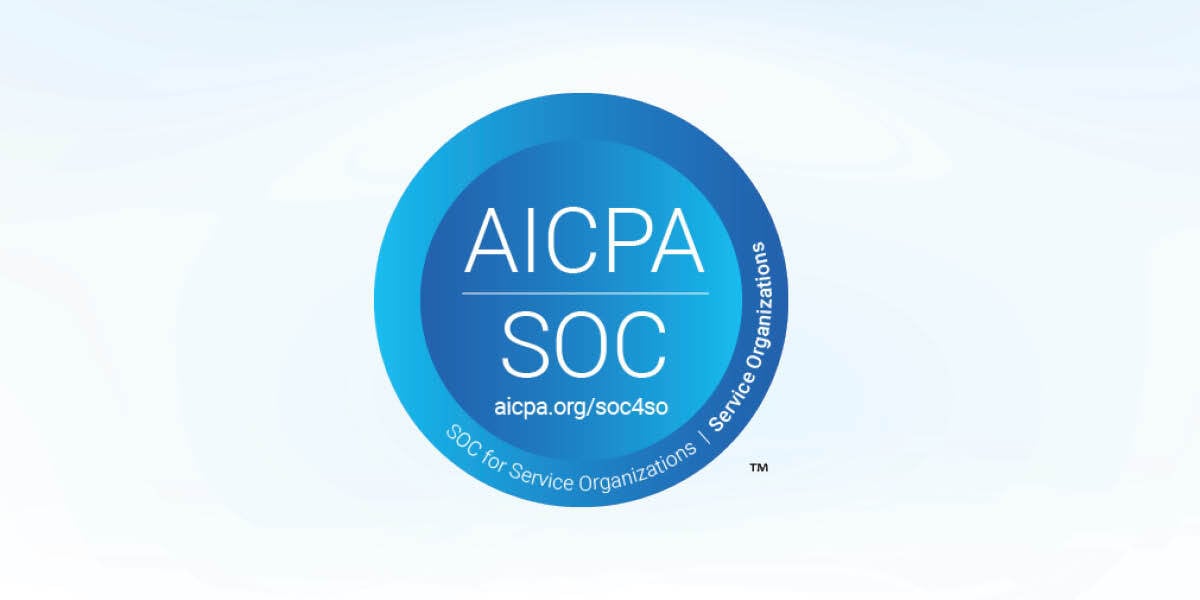
To foster fairness and objectivity in large institutional purchases an RFP (Request For Proposal) is often crafted. An RFP is a tool that allows schools to collect information from and provide details to prospective vendors about a specific purchasing need such as exam proctoring.
Asking relevant questions helps schools select the best vendor which results in better user experience for faculty and students. Most procurement departments have a standard RFP template that must be used which is sometimes dictated by state purchasing regulations. Additionally, they ask the primary purchaser (i.e. eLearning Director) to provide specific information relative to the proctoring solution.
If you are an eLearning leader who is planning to issue an RFP for proctoring services, here are some questions that you should ask prospective vendors.
Overview
Provide a brief company history, describe your competitive advantage, and define each proctoring modality you provide.
Implementation
If you are selected as our proctoring vendor, describe your onboarding process for new clients. Include how you articulate the scope of work, execute a timeline, provide training, and the frequency of meetings with our team. Define the training delivery method (webinars, tutorial, knowledge bases, train-the-trainer, etc.), duration of training, topics, and additional costs if any.
Accessibility
Answer and provide documentation for accessibility requirements listed.
- Is the software fully ADA accessible as documented with Section 508 compliance and meeting WCAG 2.0 level AA guidelines?
- How does the vendor assure continued accessibility as the product evolves?
- Is your service compatible with assistive devices such as screen readers, alternative keyboards, etc.?
- How are accommodations such as extra time, scratch paper, etc. scheduled and accommodated?
- Document accessibility compliance with a current VPAT – Voluntary Product Accessibility Template?
Authentication
How does your service validate the test-taker's identity before and during a testing session?
Support
Describe your support services including availability, modality (chat, email, phone), whether it is live or automated, costs and trining and monitoring of support agents. What insights will be provided to us regarding our usage of your helpdesk?
Proctors
If you provide live proctoring, describe your process for proctor selection, training, and management. How are your proctors monitored and what is involved in your quality control process? Where are your proctoring team(s) located and what redundancies are in place for local or regional failures?
Team
Please describe the roles of your team and who will be supporting us. Who will be the primary point of contact?
Improvement
What is the process for us to request product enhancements?
Compatibility
Describe your solution's compatibility with instructional technology, including third-party testing software, Chromebooks, and mobile devices.
Artificial Intelligence
Describe how your AI works, including what events or actions trigger an anomaly flag - missing face, speaking, etc.?
Problem Escalation
Describe the workflow when a student experiences a technical problem related to your service. What are your escalation processes?
Data Security and Privacy
The IT department at your institution should include questions and any required information such as identifying what data is collected, data ownership, data transmission, data retention, data storage, FERPA compliance, and internal employee training.
Reporting
Does your service have a dashboard? What is included? What types of reports are included? What types of data can be pulled on demand from our account?
Recommendations
Provide letters of recommendation on the letterhead of other clients.
Pricing
Vendors often use varying terminology when they describe their pricing models. To get the most accurate pricing, the school should include estimated volume, FTE or headcount, and clearly define the pricing models it will consider such as per exam, per student, FTE, enterprise-wide, etc.
In addition to these items, we strongly recommend including your desired proctoring modalities, mandatory and desired requirements, evaluation criteria including the weighting of price, timeline, which LMS you use, and metrics on your prior proctoring volume.
If possible, include whether the purchase will be enterprise-wide or only for certain departments and who from your institution will be involved in the purchasing process. Roles that are often involved include faculty, eLearning leaders, instructional designers, LMS administrators, testing center staff, and IT professionals. Schools typically establish a timeline of about three weeks for RFP completion after the release date.
Usage Projections
Project your utilization of the following proctoring modalities:
- Live Virtual Proctoring - AI-assisted human monitoring in real time
- Record & Review Virtual Proctoring - AI-assisted human review after the proctoring session
- Automated Virtual Proctoring - AI-assisted proctoring
- Hybrid Virtual Proctoring - School staff serve as the live virtual proctor
- Testing Center Proctoring - Face-to-face proctoring in a collegiate or professional testing center
- Proctoring Professional - An approved person serves as the face-to-face proctor
By providing clearly defined requirements to prospective vendors and asking important questions, you will be much better equipped to make an informed, objective decision about a critical element of the learning experience.





